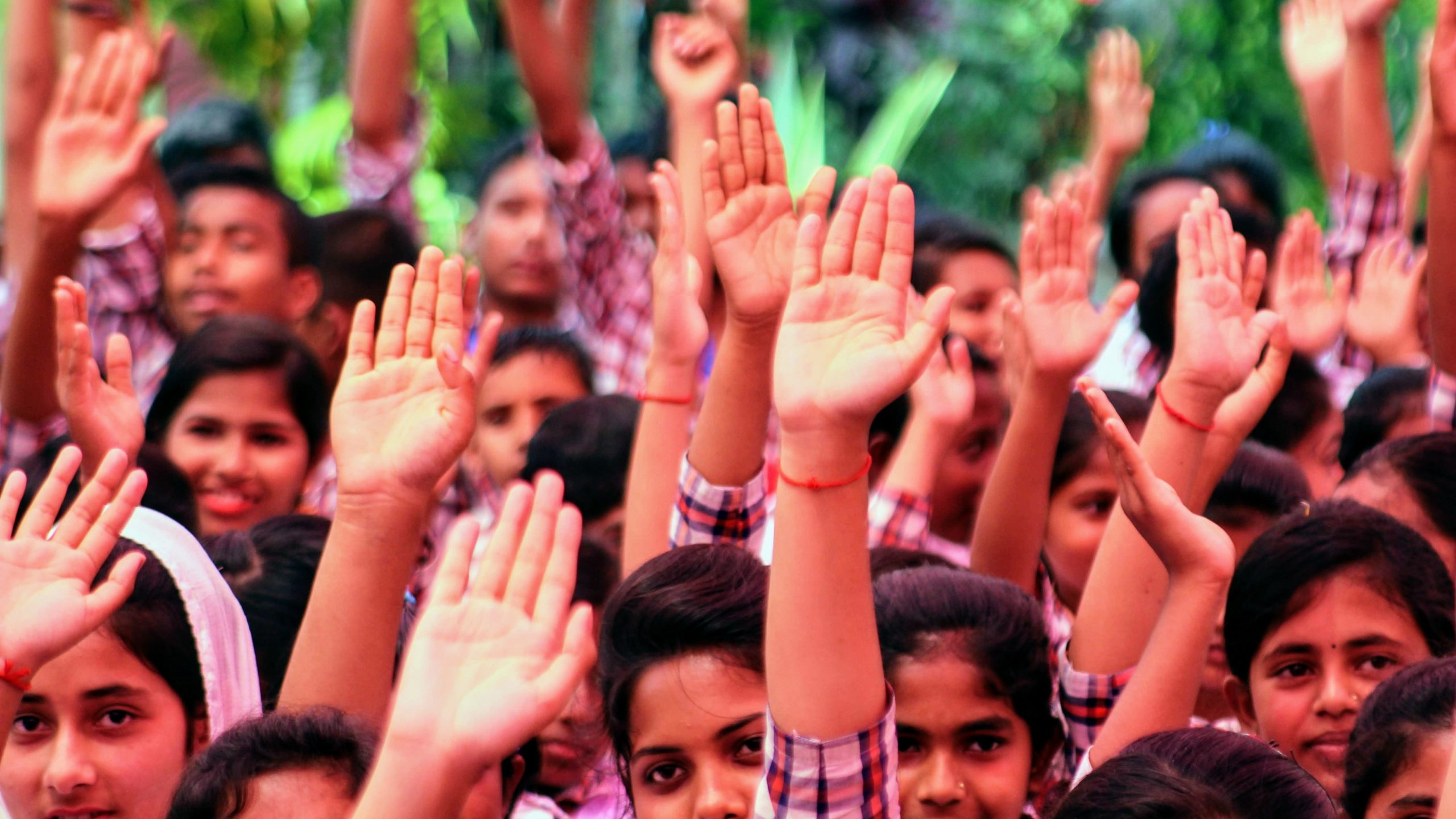MCLD supports communities around the world to take action for their own development. When major development projects adversely affect the human rights of communities and individuals, we work to connect activists and community leaders with the tools and resources to access justice and obtain redress.
What is accountability?
At MCLD we understand accountability as the expectation that power comes with responsibility. Our members apply this expectation to ensure transparency in their leaders’ policies, decisions, and actions; reduce corruption; and demand that development initiatives best serve the interests of their communities. Accountability also means that when human rights abuses occur as a result of development initiatives, those responsible will answer to the harmed and respond to the needs created by their harmful actions. We recognize in particular that major, internationally-financed extractive and infrastructure projects are notorious for committing environmental and human rights abuses against marginalized populations, and that these populations most lack the political and financial power to demand accountability. To this end, our members use community-driven advocacy, organizing, and legal strategies to create opportunities for redress that best meets communities’ needs and interests.
How we work
MCLD leverages our network of highly-motivated civil society and grassroots organizations around the world to connect with communities and individuals whose livelihoods, human and environmental rights are adversely affected by development projects. Our grassroots networks are well-placed to facilitate communication between affected groups seeking assistance and our national, regional, and international MCLD members who can offer the right technical expertise, resources, and advocacy tools to support communities to design and implement strategies to demand accountability. Our members recognize that different communities have different goals for their accountability initiatives, and that redress and justice make take a variety of forms depending on the nature of the harms and the interests of the affected groups.
Our goal is to achieve a world where businesses and governments promote, protect, and respect human rights, and individuals and communities affected by human rights abuses have access to adequate and effective remedies. In prioritizing community-led initiatives, MCLD aims to embed the necessary skills, resources, and competencies within communities to continue long-term advocacy for accountability.
Learn more
For more information and to connect with our members working in the field of accountability, please see the following resources:
Accountability Counsel
Accountability Counsel is an international non-governmental organization that amplifies the voices of communities around the world to protect their human rights and environment. In addition to their Accountability Resource Guide, they publish a number of valuable tools, training guides, and information about legal and policy avenues for redress available on their website. They also curate the Accountability Console, a comprehensive database of community complaints filed with independent accountability mechanisms about the impacts of internationally financed projects.
International Accountability Project
International Accountability Project (IAP) is an international advocacy organization that wins policy change, boosts local advocacy efforts, and supports local activists and communities to access and exchange information on development that affects them. IAP publishes a series of interactive resources for communities like their Community Action Guides, which are available in English, Portuguese, Spanish, Thai, and Vietnamese. Their Early Warning System is a database designed to provide communities with verified information about proposed development bank-funded projects likely to cause human and environmental abuses.
More from MCLD
Read: “How Communities Hold Development Banks Accountable”
Watch: MCLD’s August 2020 Global Members discussion on Accountability featuring IAP and the World Bank Inspection Panel


